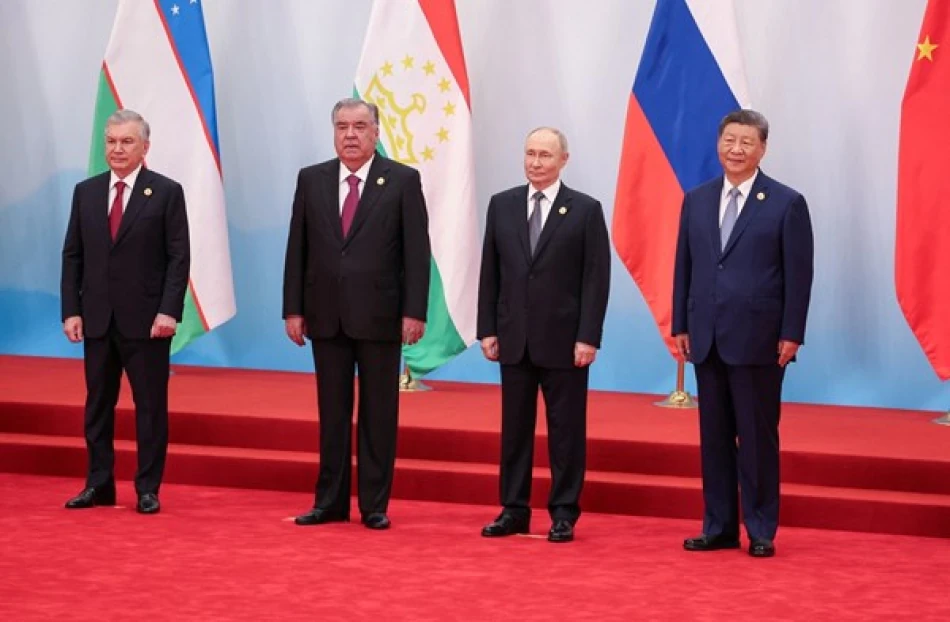
Chinese President Inaugurates Shanghai Cooperation Organization Summit
Xi Jinping Opens Shanghai Cooperation Summit as Eurasian Powers Unite Against Western Influence
Chinese President Xi Jinping launched the Shanghai Cooperation Organization summit in Tianjin on Monday, bringing together 20 leaders from across Eurasia in what signals a deepening alliance among nations seeking alternatives to Western-dominated global institutions. The gathering represents one of the most significant displays of non-Western multilateral cooperation in recent years.
A Growing Counter-Alliance Takes Shape
The ten member states of the Shanghai Cooperation Organization gathered for their traditional red-carpet photo opportunity, but the symbolism runs deeper than diplomatic protocol. This summit occurs at a critical juncture when global power dynamics are shifting away from traditional Western-led frameworks like NATO and the G7.
Founded in 2001, the SCO has evolved from a regional security organization into a comprehensive platform for economic, political, and military cooperation spanning from China to Central Asia and beyond. The organization now represents roughly 40% of the world's population and controls significant energy resources.
Economic Implications for Global Markets
For investors and multinational corporations, the SCO's growing cohesion presents both opportunities and challenges. The organization's emphasis on trade in local currencies rather than the US dollar could accelerate the gradual erosion of dollar dominance in international commerce. This shift has already begun with China-Russia energy deals and is expanding to other bilateral arrangements within the bloc.
Energy and Infrastructure at the Forefront
The summit's timing coincides with Europe's energy crisis and ongoing sanctions related to the Ukraine conflict. SCO members control vast oil and gas reserves, particularly Russia and Central Asian states, while China provides the manufacturing capacity and financial resources to develop alternative supply chains that bypass Western markets.
Strategic Context in a Multipolar World
Unlike previous SCO gatherings that focused primarily on regional security concerns, this summit reflects a more ambitious agenda. The organization increasingly positions itself as a counterweight to Western institutions, offering developing nations an alternative model for international cooperation without the governance conditions typically imposed by Western-led organizations.
This approach mirrors similar initiatives like the BRICS expansion and China's Belt and Road Initiative, suggesting a coordinated effort to reshape global governance structures. For smaller nations caught between competing spheres of influence, the SCO offers a third option that doesn't require choosing sides in US-China competition.
What This Means for Global Stability
The strengthening of SCO cooperation could lead to more stable regional arrangements in Central Asia and reduce conflicts over resources and borders. However, it also represents a formalization of the global divide between Western and non-Western power centers, potentially complicating international crisis resolution and climate cooperation efforts that require universal participation.
For businesses operating globally, this summit signals the need to develop strategies that account for increasingly separate economic blocs with different rules, currencies, and governance standards. The era of seamless globalization may be giving way to a more complex, multipolar economic landscape.
Most Viewed News

 Layla Al Mansoori
Layla Al Mansoori






